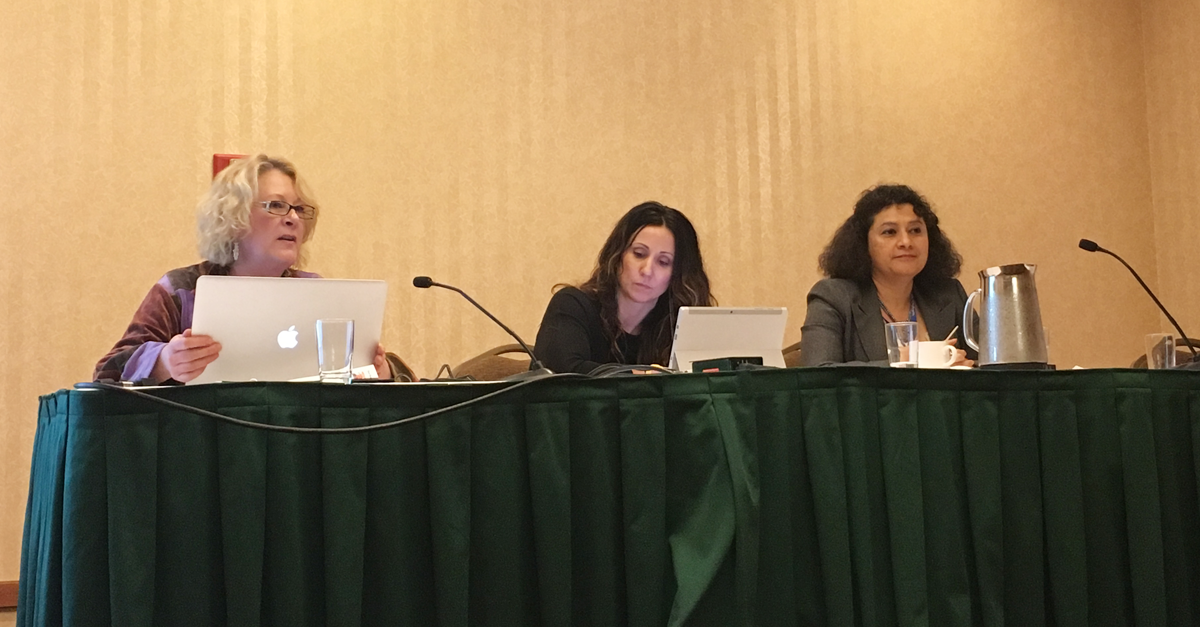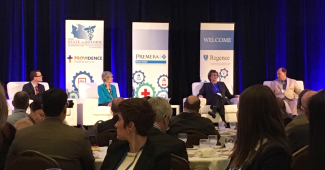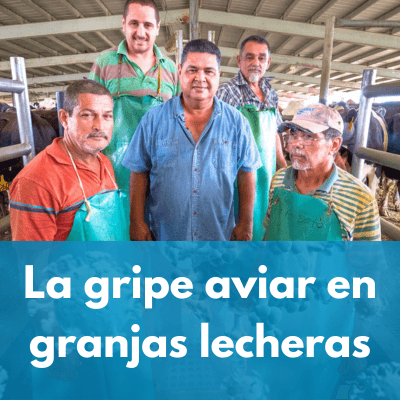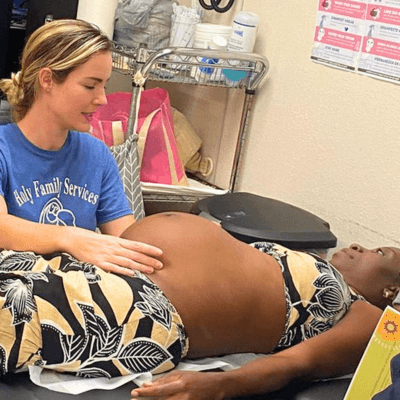In the Field: Social Determinants of Health in Washington State
 Last week, Ileana Ponce-Gonzalez, MD, MPCH, CNC, Senior Advisor for Scientific and Strategic Planning at MCN, presented on the social determinants of diabetes in Washington State at the 2016 Washington State of Reform Health Policy Conference. Her presentation was part of “Lessons from Social Epidemiology in Health Care,” which she co-presented with Kristen West, Vice President of Programs at Empire Health Foundation and Robbi Kay Norman, Consultant at Uncommon Solutions.
Last week, Ileana Ponce-Gonzalez, MD, MPCH, CNC, Senior Advisor for Scientific and Strategic Planning at MCN, presented on the social determinants of diabetes in Washington State at the 2016 Washington State of Reform Health Policy Conference. Her presentation was part of “Lessons from Social Epidemiology in Health Care,” which she co-presented with Kristen West, Vice President of Programs at Empire Health Foundation and Robbi Kay Norman, Consultant at Uncommon Solutions.
“It is estimated that as many as 187,000 migrant and seasonal farmworkers assist with the cultivation and harvest of Washington’s crops each year. That generates more than $5.3 billion in direct revenues, and has a total estimated economic impact on the state of more than $28 billion each year,” Dr. Ponce-Gonzalez noted. “Despite the valuable contribution of our migrants to the agricultural industry, they face challenges including limited access to health care, substandard houses, violence against farm workers, exclusion for labor law, pesticides violations, fear of retaliation and inferior education of the children of farm workers.”
 These challenges are examples of what are often termed social determinants of health, the conditions in which people are born, grow, work, live, and age, and the wider set of forces and systems shaping the conditions of daily life, according to the World Health Organization. These conditions affect health.
These challenges are examples of what are often termed social determinants of health, the conditions in which people are born, grow, work, live, and age, and the wider set of forces and systems shaping the conditions of daily life, according to the World Health Organization. These conditions affect health.
In her presentation, Dr. Ponce-Gonzalez focused on their effect on Type II diabetes in Washington State. Some of her recommendations included:
- Expansion of standardized data collection under recent PPACA legislation, which could be critical to connect vulnerable populations with the necessary resources that have the potential to alter detrimental sociobiologic processes that foster complex chronic conditions, such as Type II diabetes.
- Type 2 diabetes interventions must incorporate horizontal and vertical polices anchored in integrated data to address the complex relationship between Type 2 diabetes and social determinants of health.
- Support migrants by utilizing Health Network.
 She also covered ten recommendations from the Washington State’s 2014 Diabetes Epidemic & Action Report:
She also covered ten recommendations from the Washington State’s 2014 Diabetes Epidemic & Action Report:
- Ensure all appropriate populations have access to the Diabetes Prevention Program in Washington.
- Increase access to safe and affordable active living where people work, learn, live, play, and worship across their lifespan.
- Increase access to healthy foods and beverages where people work, learn, live, play, and worship.
- Ensure all people with diabetes receives self-management education from a Diabetes Education Program.
- Ensure people with diabetes and gum disease have access to guideline-based oral health treatment.
- Enhance care coordination for people with both diabetes and mental illness.
- Ensure all appropriate populations have access to Chronic Disease Self-Management Education programs in Washington.
- Ensure involvement of Community Health Workers to address diabetes in populations with the greatest needs.
- Increase stakeholder involvement in policymaking that pertains to diabetes.
- Support programs such as the Plan for a Healthier Washington’s investment in Analytics, Interoperability & Measurement.
With this presentation, Dr. Ponce-Gonzalez hopes Washington state advocates including MCN “can collaborate together against the social injustice and abuse of our migrants,” she said. She concluded her presentation with a strong call for action to “forge an intersection between health care, population health, and the social determinants of health.”
Learn more about the conference here.
Like what you see? Amplify our collective voice with a contribution.
Return to the main blog page or sign up for blog updates here.
- Log in to post comments






